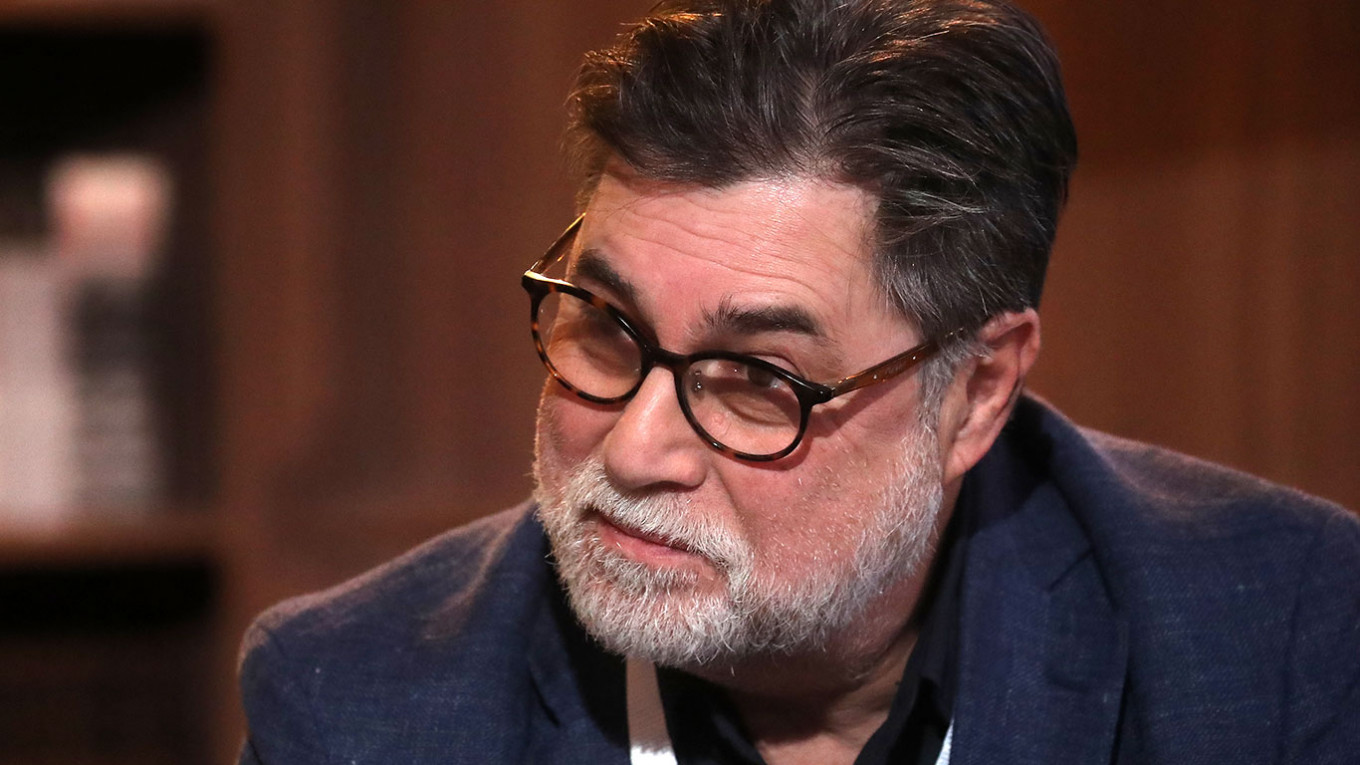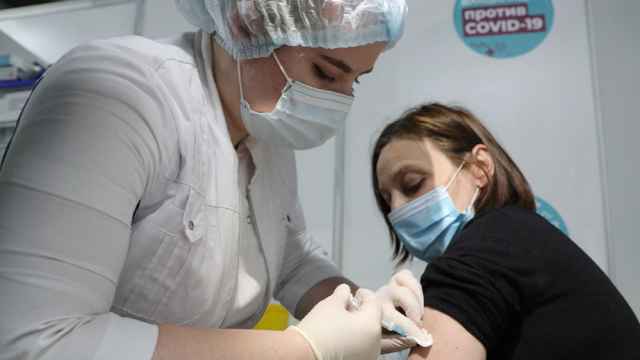The head of a prestigious private Russian university has been detained in connection with a fraud investigation targeting a former senior education official, Russia’s Interior Ministry said Tuesday.
Sergei Zuyev, rector of the Moscow School of Social and Economic Sciences, also known as Shaninka, was taken into custody for questioning Tuesday morning as a suspect in a 21 million-ruble ($290,000) embezzlement case, the ministry said in a statement.
Officials said Zuyev’s detention is connected to an ongoing investigation into Marina Rakova, a former deputy education minister who was arrested last week on embezzlement charges.
Authorities allege Rakova had lobbied for the allocation of state funds to go toward an education fund that then hired Shaninka and Zuyev as a subcontractor.
“He was interrogated as a suspect in the case of the theft of more than 21 million rubles ... and was detained,” the statement said, adding investigators would shortly petition a Moscow court to extend Zuyev’s detention.
A spokesperson for the university told the Meduza news site that it is cooperating with the investigation.
After her career in the public sector, Rakova served as vice president of Russia’s biggest lender Sberbank until her arrest last week when she was dismissed.
At least four others — including Rakova’s husband Artur Stetsenko and former Sberbank employees Yevgeny Zak and Maxim Inkin, as well as Kristina Kryuchkova, a professor at the Russian Presidential Academy of Public Administration — have also been named suspects in the case.
Critics of the case, including Alexei Navalny ally Lyubov Sobol, said they fear Zuyev’s detention could represent an escalation of pressure on academic freedom in Russia.
Shaninka was founded in 1995 as an experiment to launch British-style higher education in Russia. It offers programs in the humanities, law and social sciences, issuing joint diplomas with the University of Manchester. Its alumni are reported to be among Russia’s highest-earning graduates.
Russian education authorities revoked Shaninka’s accreditation in 2018 after inspectors deemed it violated education standards. Critics slammed the move as an attempt to clamp down on one of the country’s last independent educational institutions. The university regained accreditation, which gives it the right to issue state diplomas, in 2020.
A Message from The Moscow Times:
Dear readers,
We are facing unprecedented challenges. Russia's Prosecutor General's Office has designated The Moscow Times as an "undesirable" organization, criminalizing our work and putting our staff at risk of prosecution. This follows our earlier unjust labeling as a "foreign agent."
These actions are direct attempts to silence independent journalism in Russia. The authorities claim our work "discredits the decisions of the Russian leadership." We see things differently: we strive to provide accurate, unbiased reporting on Russia.
We, the journalists of The Moscow Times, refuse to be silenced. But to continue our work, we need your help.
Your support, no matter how small, makes a world of difference. If you can, please support us monthly starting from just $2. It's quick to set up, and every contribution makes a significant impact.
By supporting The Moscow Times, you're defending open, independent journalism in the face of repression. Thank you for standing with us.
Remind me later.






